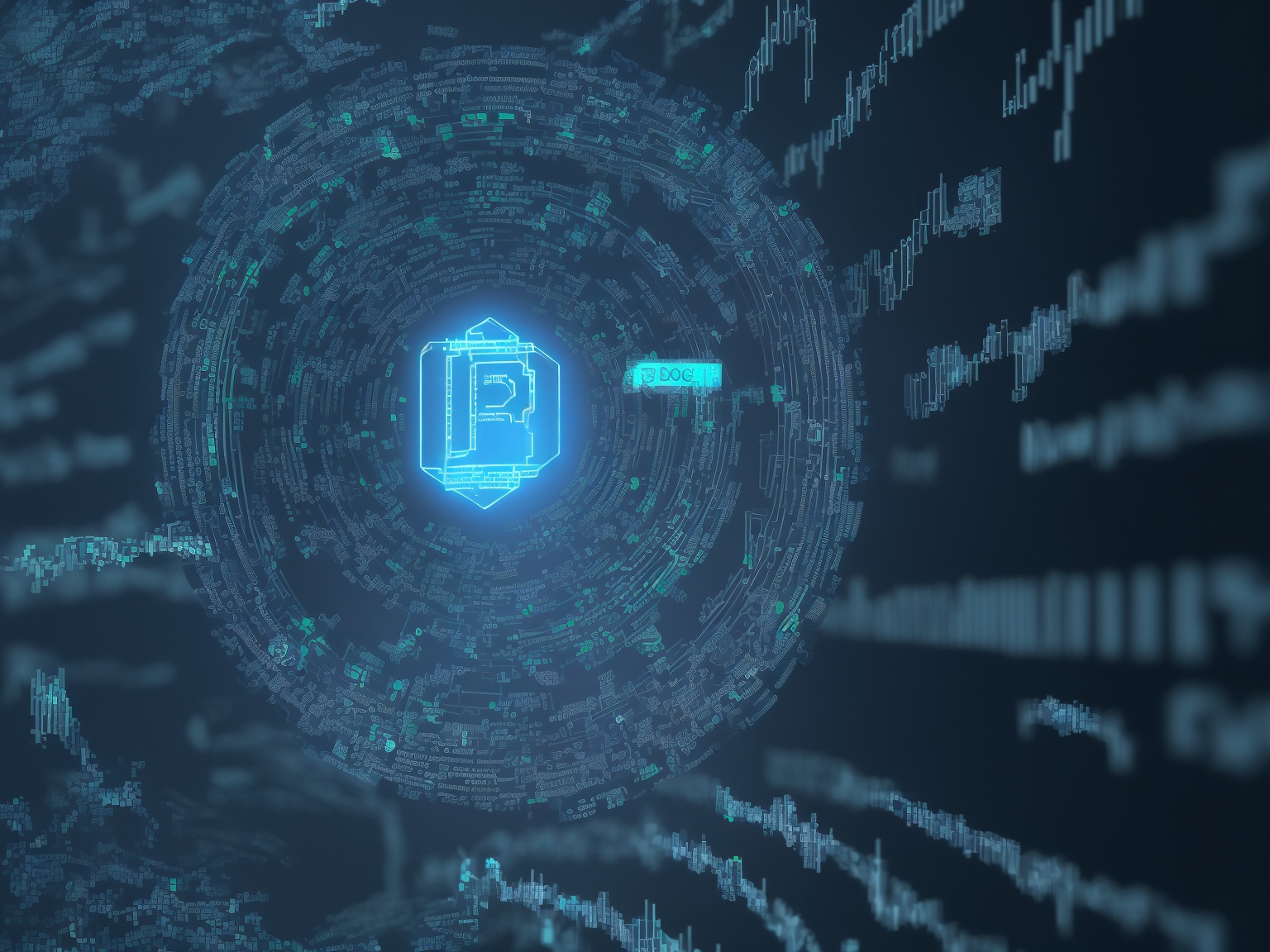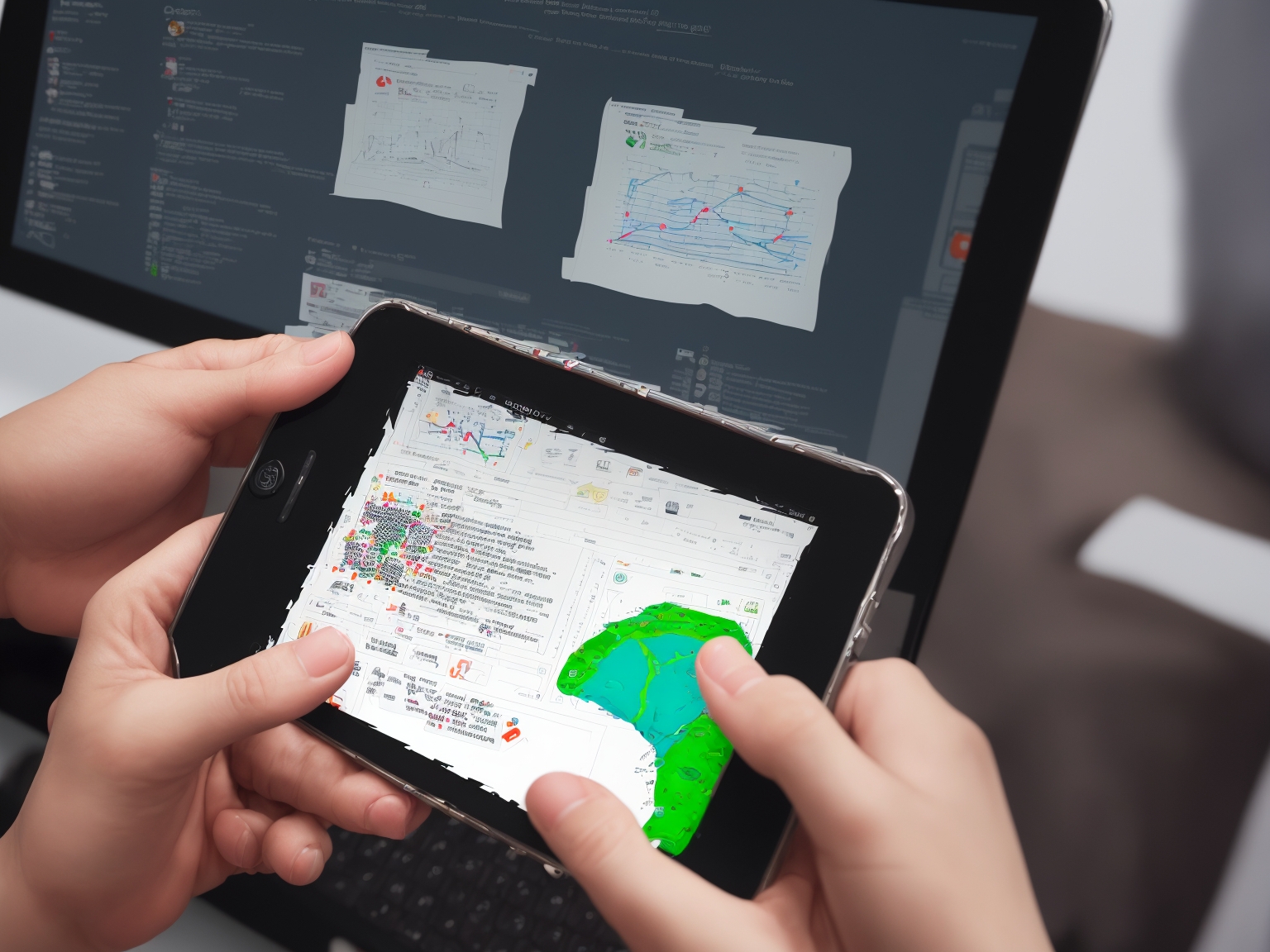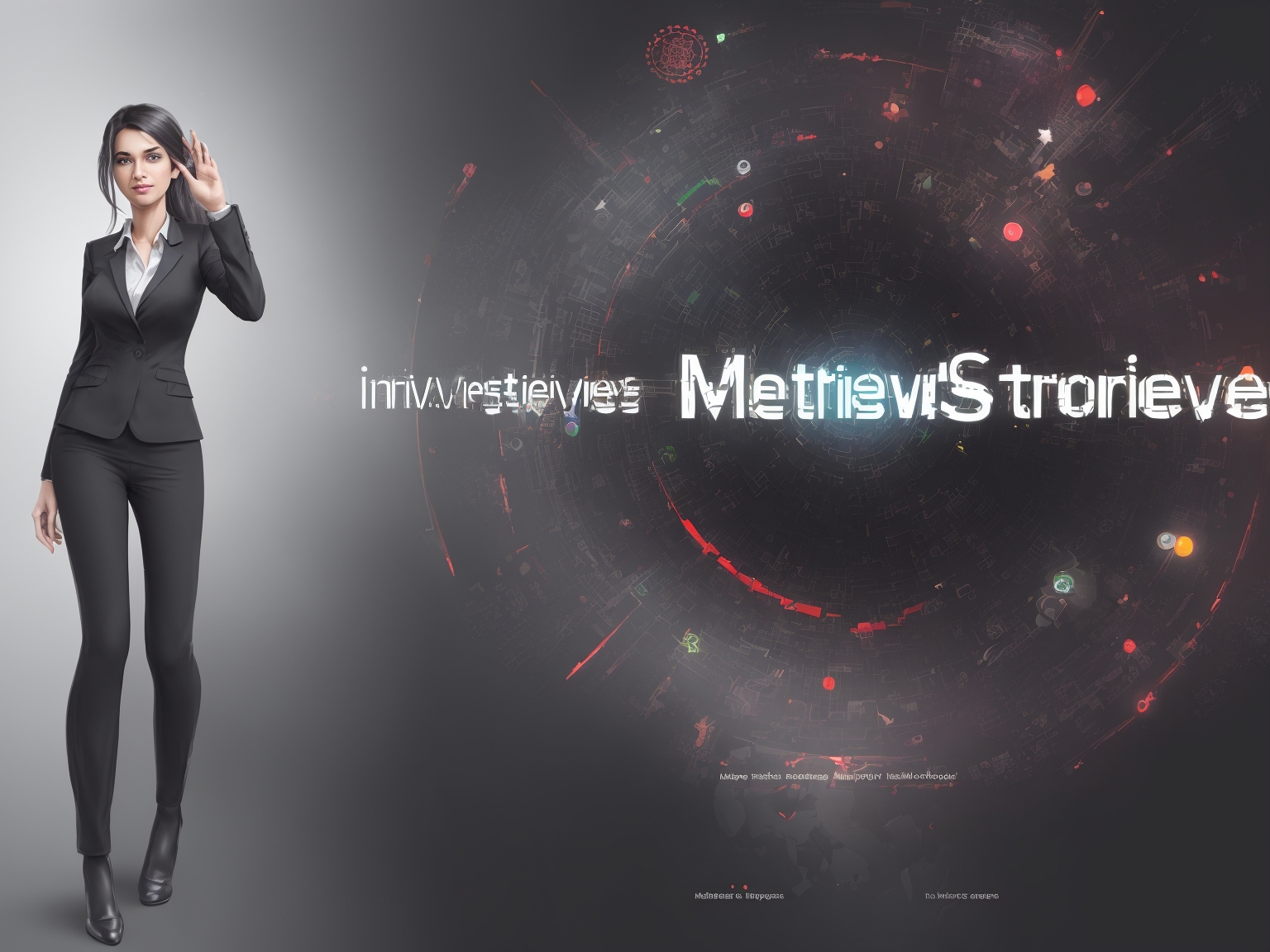**Title: Revolutionizing Healthcare: Blockchain Technology Applications in India**
**Introduction**
Welcome to our blog! Today, we delve into an exciting topic – the intersection of blockchain technology and healthcare in India. As the world continues to embrace digital transformation, this union promises to redefine the Indian healthcare sector.
**Understanding Blockchain Technology**
– A decentralized, distributed database system
– Enhances security through encryption and consensus mechanisms
– Transparent and immutable data transactions
– Offers a trustless environment for secure data sharing
**Blockchain’s Impact on Healthcare: A Global Perspective**
1. Electronic Medical Records (EMR) – Secure, efficient, and accessible patient data
2. Clinical Trials Management – Improved trial enrollment, data integrity, and transparency
3. Supply Chain Management – Enhanced drug tracking, authentication, and recall management
4. Insurance Claims Processing – Streamlined processing, reduced fraud, and improved claims settlement
**Blockchain in Indian Healthcare: Potential Applications**
1. **Patient Data Management**: Secure, decentralized storage of electronic health records (EHR)
– Improved data privacy and security
– Seamless data sharing among healthcare providers
2. **Drug Supply Chain Management**: Increased transparency and traceability in pharmaceutical supply chains
– Reduced counterfeit drugs in circulation
– Faster identification and recall of faulty or adulterated batches
3. **Telemedicine Platforms**: Enhanced security, integrity, and confidentiality for remote patient consultations
– Wide-ranging accessibility to healthcare services
– Improved data management and analysis for personalized care
4. **Insurance Sector Transformation**: Streamlined claims processing and reduced fraudulent activities
– Lower premium costs for policyholders
– Increased transparency in insurance operations
**Frequently Asked Questions**
Q1: What is blockchain, and how does it apply to the healthcare sector?
A: Blockchain is a decentralized database system used for secure, transparent, and efficient data sharing. In healthcare, it can be utilized for various applications like patient data management, drug supply chain, telemedicine, and insurance claims processing.
Q2: How does blockchain improve patient data privacy and security?
A: Blockchain uses encryption and consensus mechanisms to protect sensitive patient data from unauthorized access or tampering. Additionally, it offers a decentralized platform for storing EHRs, reducing the risk of data breaches associated with centralized storage systems.
Q3: Can blockchain help in the fight against counterfeit drugs in India?
A: Yes, by providing a transparent and traceable supply chain, blockchain can make it difficult for counterfeiters to produce and distribute fake drugs without being detected. This increased transparency can help reduce the prevalence of counterfeit drugs in circulation.
**Conclusion**
The integration of blockchain technology in India’s healthcare sector holds immense potential for transforming patient care, improving data security, and enhancing overall system efficiency. With India being a world leader in blockchain research and development, it is only a matter of time before we witness the positive impact of this revolutionary technology on our nation’s health services.
Stay tuned as we continue to explore the fascinating world of blockchain applications!
**Disclaimer:** This blog post is intended for informational purposes only and should not be used as professional advice. Always consult with a healthcare or blockchain expert before making any decisions related to these topics.









